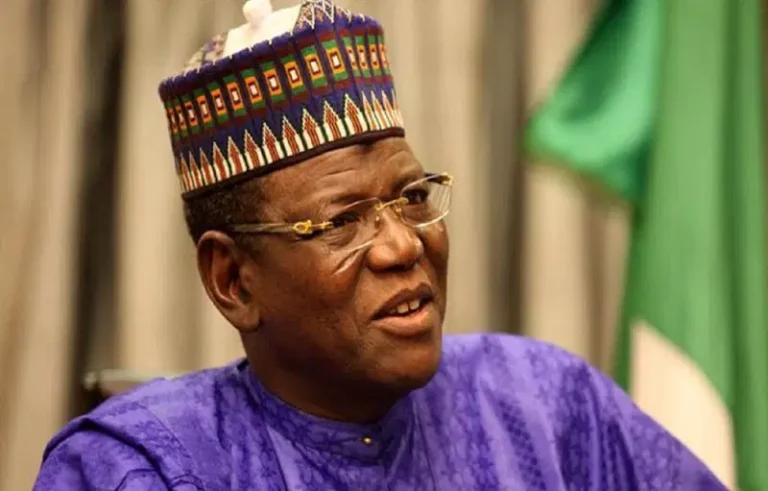By Peter Omopo
Former Governor of Jigawa State and ex-National Secretary of the defunct Social Democratic Party, Sule Lamido, has revealed that he confronted then-President Goodluck Jonathan over remarks he made in the aftermath of the 2010 Independence Day bombing near Eagle Square in Abuja.
In his newly released autobiography, Being True to Myself, Lamido disclosed that he was deeply troubled by Jonathan’s public statement suggesting that “his people” were not responsible for the blast—a comment made before any official investigation had begun.
The October 1, 2010, bomb attack, which occurred during Nigeria’s 50th independence anniversary celebrations, was later linked to a militant group led by Charles Okah. However, prior to Okah’s identification as the mastermind, President Jonathan reportedly implied that the perpetrators were not from his ethnic group.
In Chapter 11 of the book, titled Goodluck Jonathan Succeeds Yar’Adua, Lamido recounted how he directly addressed the president’s statement, warning that such remarks could send the wrong signal both locally and internationally.
“I was enraged and therefore went to meet President Jonathan at the Presidential Villa,” Lamido wrote. “I told him: Sir, you need people around you who will properly assist you in handling state affairs.”
Lamido said he cautioned Jonathan about the implications of ethnicizing a national security issue. “When people hear this in America, India, or Germany, they will assume it was foreigners who did it,” he told the president. “To them, as the Nigerian President, all Nigerians are your people.”
He emphasized that while Jonathan’s statement might have been intended to exonerate his ethnic group, the Ijaw, it inadvertently portrayed the attack as the act of outsiders, which could fuel misinformation and deepen national divisions.
Lamido also revealed that an expatriate had alerted him to a rumour within the Presidential Villa alleging that a Northerner was behind the bombing, prompting his urgent visit to Jonathan.
The former governor’s account highlights the ethnic sensitivities and political tensions that surrounded Nigeria’s security challenges during Jonathan’s presidency.

